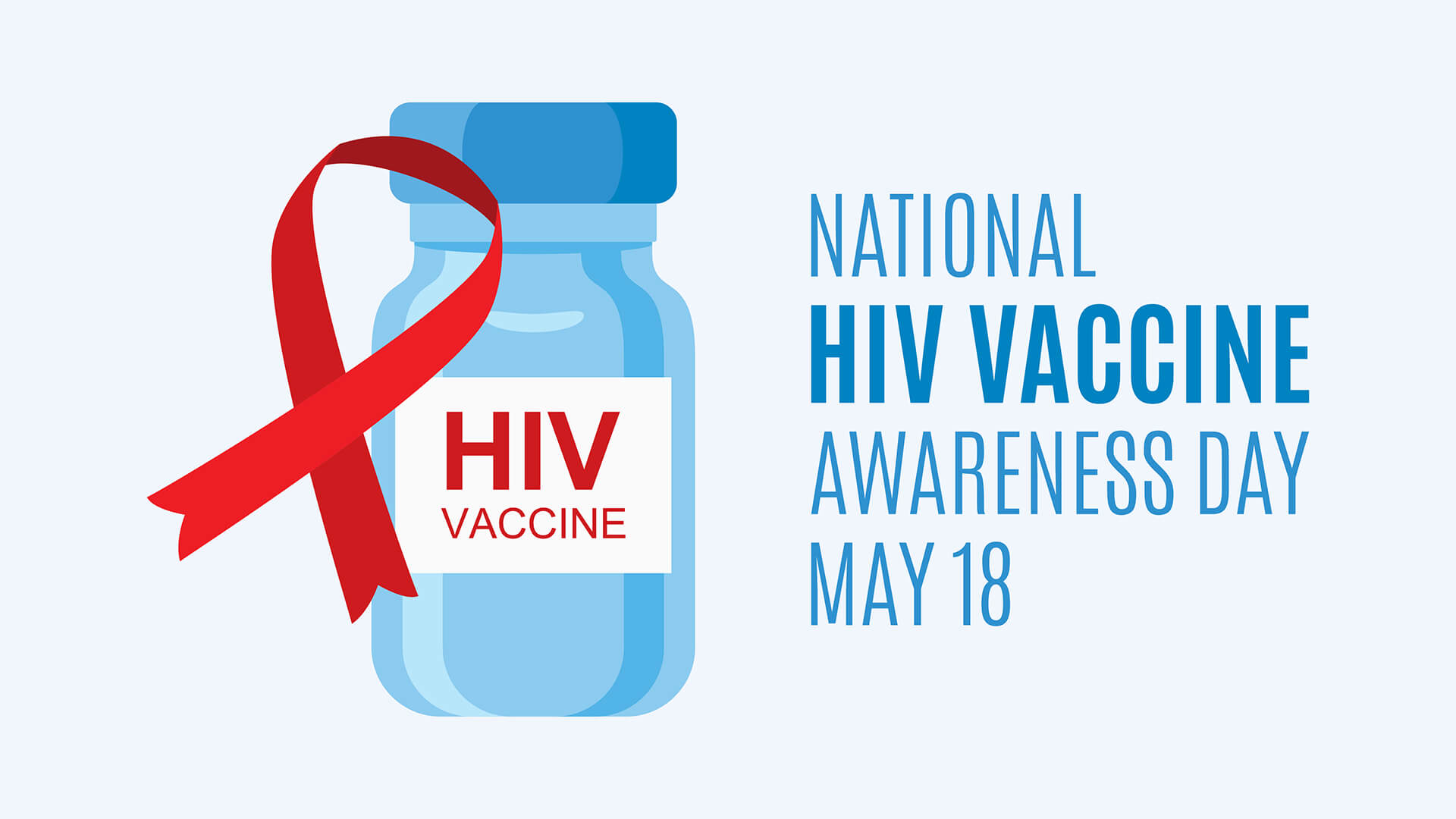
May 18th is dedicated to HIV Vaccine Awareness Day. The significance of this recurrence is embedded in the years of research that have been dedicated to finding a reliable way for individuals to be protected against the virus.
Research began shortly after the virus was discovered as being the cause of AIDS, with the first vaccine trial being conducted in 1987. To this day, many clinical trials have been carried out, some with breakthrough results, yet no vaccines have been shown to be able to efficiently protect all individuals.
While people worldwide are infected with HIV, those living in sub-Saharan Africa have the highest rates with Eswatini, Lesotho and Botswana being the three countries with the highest prevalence of the virus almost consistently between 2000 and 2020.
Without a reliable vaccine being available, reducing the risk of transmission by providing assistance and resources to countries who struggle with accessing them should therefore be the main point of focus in the battle against HIV.
In this piece Shameet Thakkar, founder and managing director of leading healthcare procurement services organisation Unimed, gives his expert opinion on the different factors that impact the effective delivery of vaccines and the power of prevention when it comes to global health crises such as HIV.
The importance of prevention
What the above stats tell us is that there are deep-rooted issues with individuals in certain countries being unable to limit their exposure to the risk factors that can lead to becoming infected with HIV.
In this regard, Shameet aims to highlights the importance of prevention. He says:
“What we really need to focus on is developing reliable preventative measures and services. By helping more individuals access vaccines and other forms of prevention such as contraception, we can solve the problem at the root and efficiently assist individuals affected by life-threatening illnesses.
What many don’t realise is that there is a lot that goes into supplying vaccines to populations or groups of individuals. There is an entire supply chain at the forefront of vaccine operations, which must provide the right equipment at the right time in order to be effective.” he continues.
Vaccines therefore play a fundamental role in prevention, but vaccine projects require a lot more than just syringes and the vaccines themselves. In order for vaccine delivery missions to be effective, the right shipment services and equipment must be provided.
These programmes require appropriate ultra-low freezers, vaccine carriers, alcoholic wipes, sharps containers and immunisation cards, and even one item missing or being damaged could compromise the whole operation. That is why using effective procurement services is key.
Using the right equipment can have a life-changing impact. A vital example of this is auto-disable syringes, which play a vital role in prevention, as they are designed to automatically lock after every use, meaning they cannot be reused.
Given the fact that sharing contaminated syringes or needles is one of the main ways in which individuals contract HIV, this type of equipment should be used as much as possible when administering any vaccine.
This is because it is a safe and effective way to save lives without accidentally contributing to the spread of HIV and other blood-borne viruses.
Reducing waste by using the right equipment
When it comes to providing medical services, reducing waste should be at the forefront of people’s minds. Considering the life-saving impact vaccines can have on preventing the spread of viruses such as HIV, wasting even a small amount of vaccine can be incredibly harmful.
This is precisely where using the right equipment can make a difference. A relevant example is low dead-volume syringes, which can minimise waste by reducing the amount of liquid left in a syringe after an injection.
This equipment plays a vital role in increasing the amount of people vaccinated, which is particularly relevant in the context of worldwide healthcare crises such as Covid-19, as the use of low dead-volume syringes was proven to increase Covid-19 vaccine supply by providing an extra dose per vial.
These syringes can also reduce the risk of spreading viruses like HIV due to the fact that less dead volume means there is less space for potentially contaminated blood to be left in the syringe.
Medical procurement services are therefore crucial in the battle against viruses such as HIV, as medical professionals – and those in need of a vaccine – have to rely on these providers to deliver efficient equipment and develop the right solutions to distribute it, once ready.
In the context of distribution services, tracking performance KPIs such as OTIF (On Time in Full) can guarantee more control and efficiency in the delivery of products, helping organisations meet their targets effectively.
Maximising OTIF scores is then a great way to optimise operations and identify issues within a supply chain, potentially avoiding detrimental and wasteful time delays.
Thinking about the future
Unimed’s mission revolves around staying ahead of evolving needs within the healthcare industry in order to be prepared to provide imminent aid to individuals globally as and when required, no matter the circumstances.
Although there is a long road ahead for medical researchers when it comes to developing a vaccine, HIV vaccine awareness day should be dedicated to recognising the vaccine development journey so far and the clinical trials that have brought us a step closer to our goal.
Unimed’s sustainable procurement efforts will continue to be directed towards supporting research and contributing to the fight against global health issues such as HIV.
If your organisation requires ethically sourced healthcare and medical products or procurement services, get in touch to discuss your needs with Unimed Procurement Services.
















